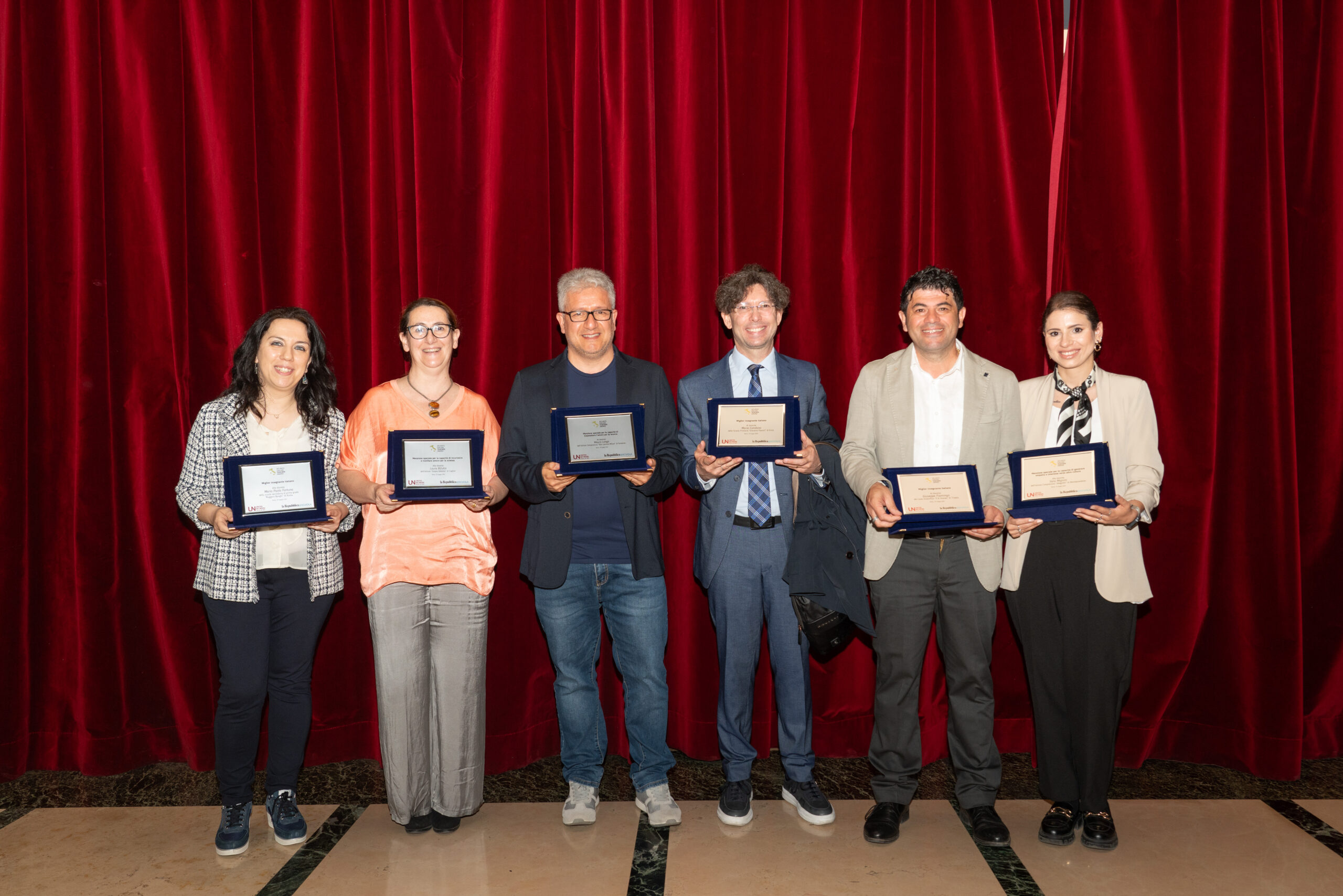Atlante: Italian
Teacher Award
Teachers matter. It is from this certainty that the Atlante – Italian Teacher Award originated. The initiative, organized by United Network with the collaboration of Repubblica.it and Repubblica@Scuola, stems from the conviction that in a historical period in which the role of the teacher does not receive the consideration and recognition it deserves, it is necessary to celebrate the social and cultural value of Italian teachers. This is to reaffirm the importance of so many women and men who every day support with great commitment the education and training of the new generations, offering them the tools to know and interpret the world around them and the challenges with which they will have to measure themselves.

The goal?
To bring out
best practices
of Italian
The goal of Atlante – Italian Teacher Award is to bring out, on a large digital platform open to the public, the projects and initiatives of Italian school teachers, as well as to bring to light the great work that teachers do every day in the classrooms of schools in cities and small towns. A commitment that often clashes with the difficulties of the local economic context, the lack of resources, the need to reconcile extracurricular activities with the teaching of traditional subjects. The award is intended to be a recognition of the work done, but also a tool to allow best practices to have resonance and find dissemination among Italian schools. Atlante is a unique initiative in the Italian panorama in that its purpose, besides rewarding the most innovative and successful extracurricular training projects from the point of view of didactic results, is that of being a flywheel for the development and diffusion of best practices in the school context, thanks to the construction of a large archive of projects that can be consulted and replicated by all teachers.
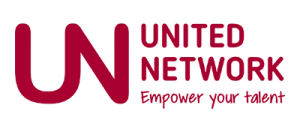
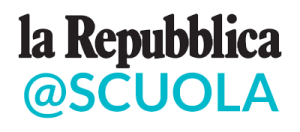
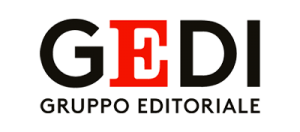
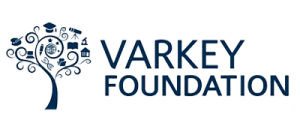
The participants
of the fourth edition
There is something super in every professor!
The competition
Teachers from Italian primary, middle and high schools, both public and private, participate in Atlante. To do so, the teachers publish on a digital platform a text in which they describe one or more of their teaching projects already carried out at school in previous years. The projects are evaluated by a Jury, composed of personalities from the Italian culture and school, according to the criteria of didactic innovation, originality, impact on the school fabric, integration of students in difficult situations, replicability. The 3 winning teachers will win an educational trip to New York in February/March where they will have the opportunity to visit innovative educational realities.
watch the video
The winners of the 2024 edition
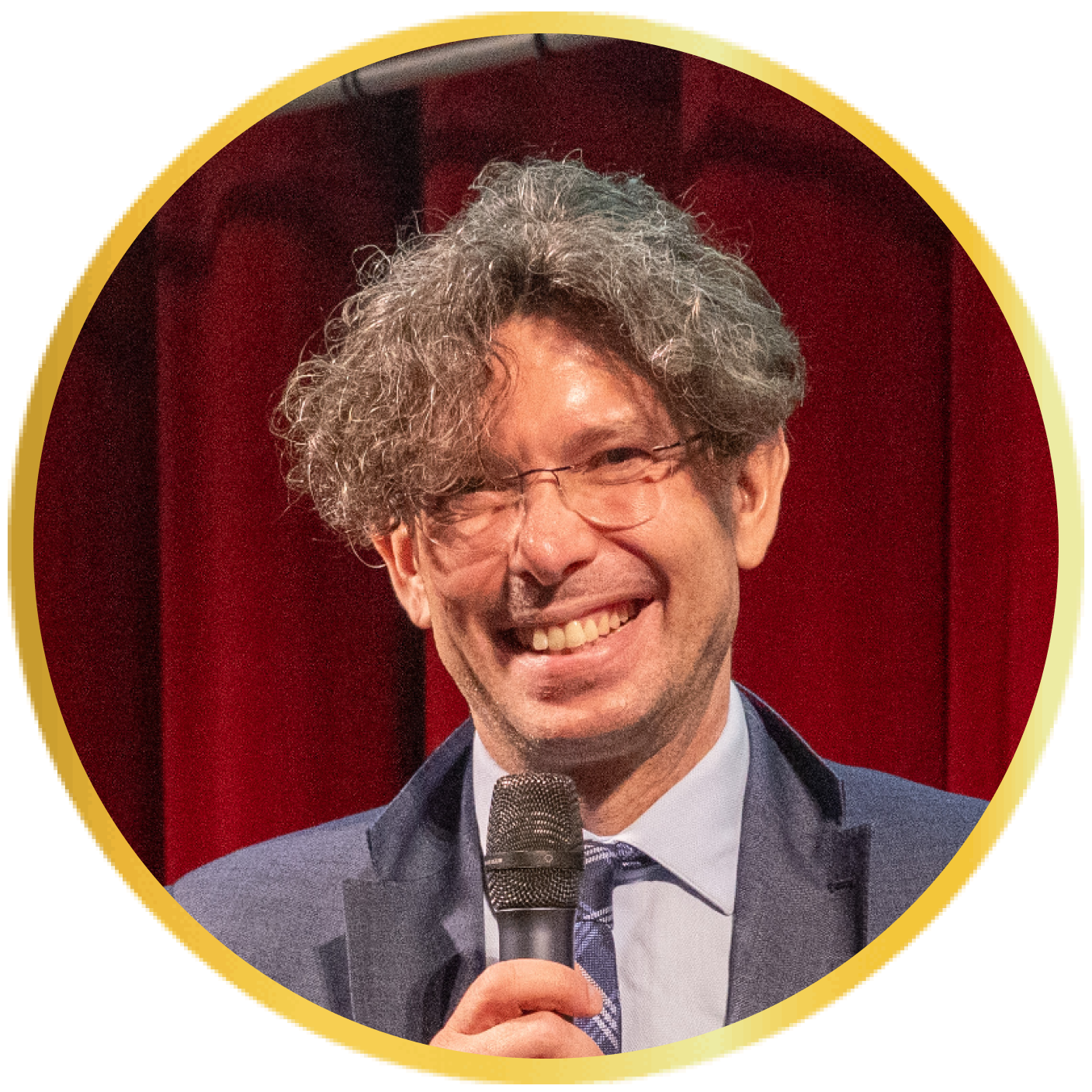
Mario Catalano
SCUOLA PRIMARIA
The winner, Mario Catalano, is a technology teacher at the Giovanni Pascoli primary school in Erice, in the province of Trapani. He won with the project “La bottega dei mondi digitali”. The teacher involved hundreds of students, between the ages of eight and ten, in a course of training in computational thinking and creativity through media design and educational robotics activities.
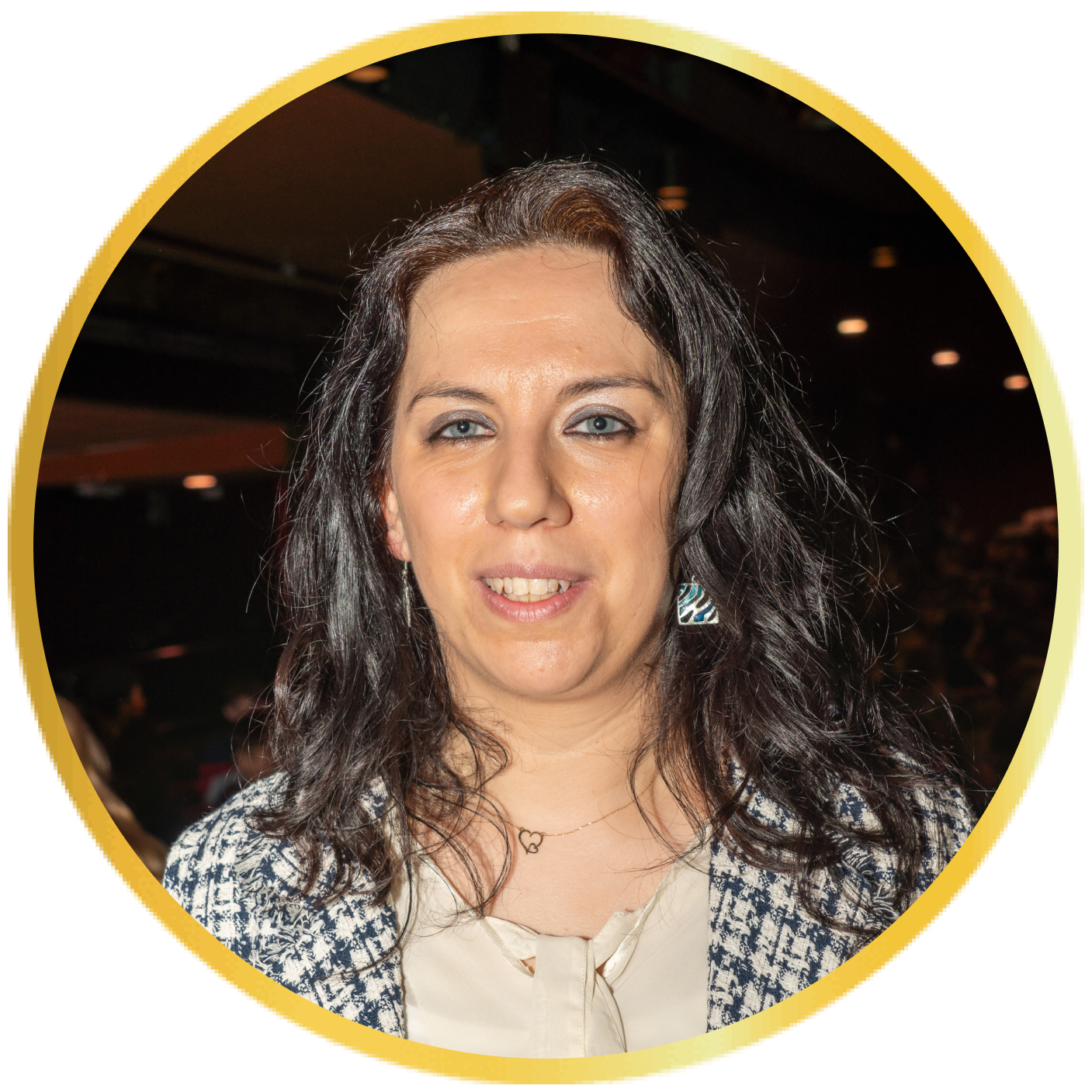
Maria Paola Fortuna
SCUOLA SECONDARIA DI PRIMO GRADO
The winner was Maria Paola Fortuna, support teacher at the “Ruggero Bonghi” Institute in Rome.Her project “Non solo didattiCAA. La CAA per sensibilizzare all’inclusione” concerns autism: the teacher organized a series of activities to raise awareness in the school community on an important issue such as autism and allowed students to internalize and make the concept of care their own towards the other.
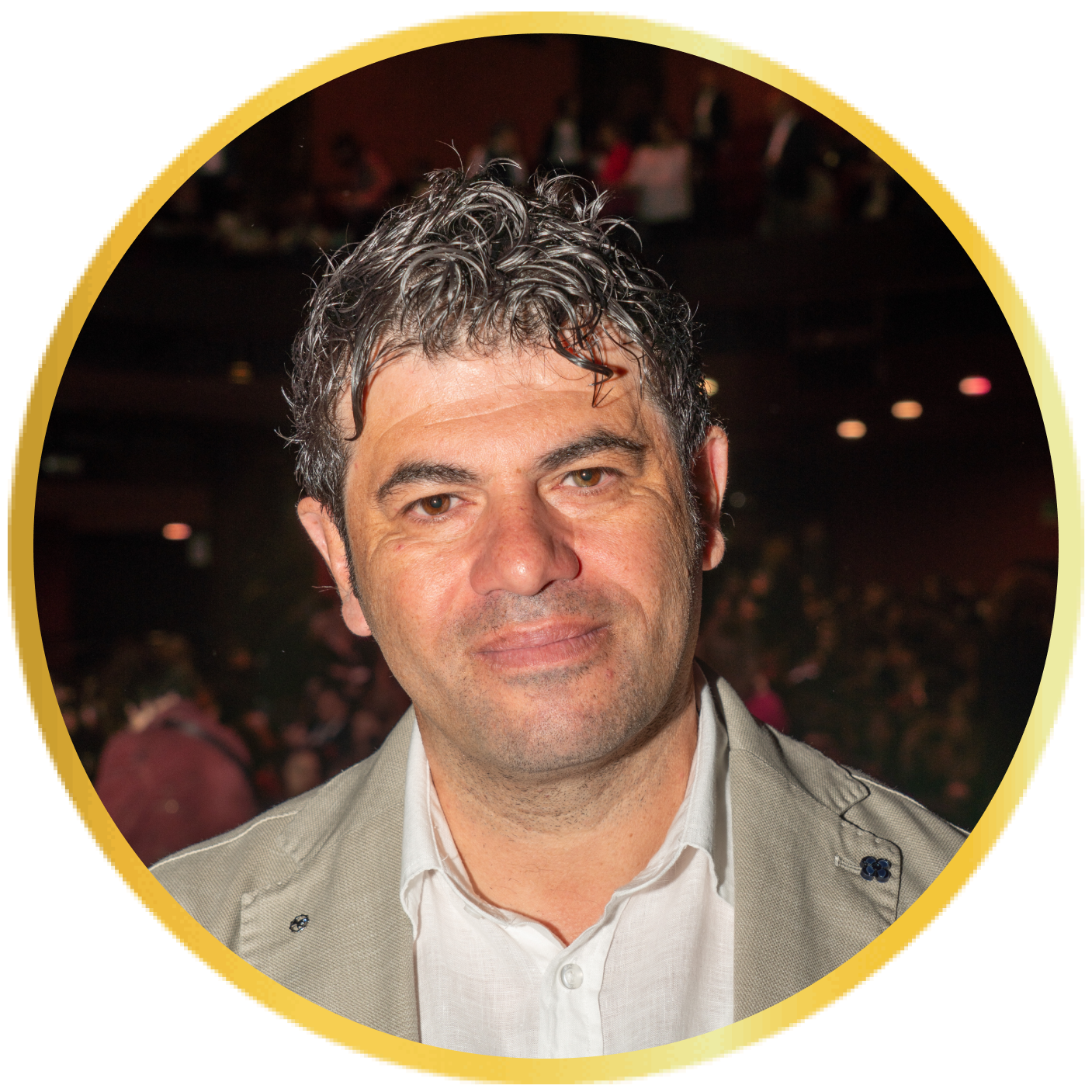
Giuseppe Fiamingo
SCUOLA SECONDARIA DI SECONDO GRADO
Giuseppe Fiamingo, teacher at the Fratelli Vianeo Scientific High School in Tropea, province of Vibo Valentia, was awarded. The project is: “MoCRiL (Measurement of Cosmic Rays in Like) un laboratorio subacqueo per esplorare”. The teacher involved the students in the investigation into the origin of ionizing radiation, focusing on the experimental verification of the extraterrestrial nature of cosmic particles.
Special mentions were also awarded:
To Laura Bifulco, teacher of Microbiology at the Grazia Deledda Technical Institute of Technology in Cagliari, for the project on plastic-eating insects “Ricercatori crescono”; special mention for the ability to arouse curiosity and instill love for science.
To Mauro Longo, teacher at the Don Lorenzo Milani primary school in Galatone, Lecce, with the “Musica Maestro” project: the special mention was received for the ability to convey the love of music.
To Sara Mignini, teacher of Italian, History and Geography at the Istituto Comprensivo Allegretti in Monteprandone, for the project “This time for Africa/this time for Humanity”. Special mention goes to the ability to generate empathy and interest towards other cultures.
